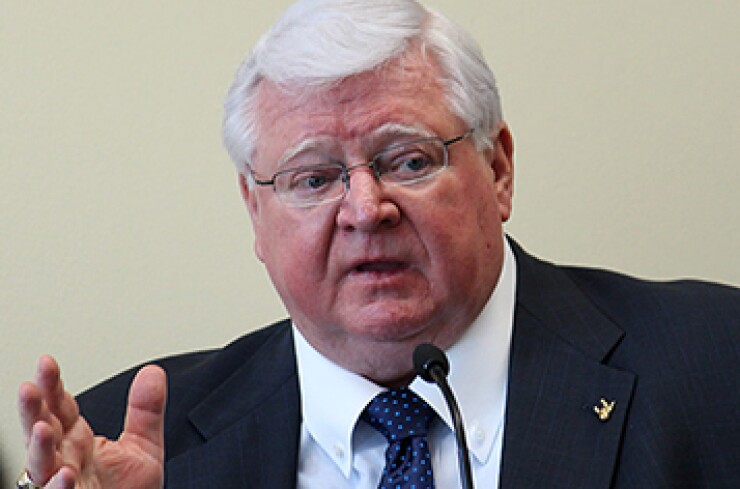
BRADENTON, Fla. – The Florida Supreme Court affirmed the validation of $2 billion in clean energy bonds over challenges brought by banks and a former state legislator.
In
The court also ruled that as an organization the Florida Bankers Association did not have standing to appeal the bond validation case, although the FBA was allowed to address what it believes are constitutional issues concerning the PACE program and the priority lien its assessments create over mortgages during oral arguments in May.
“FBA has never shown that it is a citizen, taxpayer, or property owner in any jurisdiction where the FDFC bonds will support PACE improvements,” Labarga’s opinion said.
In addressing a second appeal, the justices also ruled against former state Rep. Robert Reynolds, who argued that his due process rights were violated when various documents were amended in the lower court validation proceeding without notifying the parties involved and holding proper hearings.
Reynolds also pointed out that bond documents submitted in the validation case contained references to powers that the FDFC did not possess.
The FDFC does not have the legal authority to levy assessments on property tax bills to pay for PACE-related improvements; only local governments have that power. Florida’s PACE law does not allow judicial foreclosure as a remedy to collect unpaid assessments.
The justices ordered the Leon County Circuit Court, where the original bond validation case occurred, to require that references to FDFC assessments and judicial foreclosure be stricken from bond documents.
The problematic “judicial foreclosure” language has turned up in at least three bond validation cases appealed by Reynolds, who was represented by the law firm of Mark Lawson, the main author of the 2010 Florida PACE Act.
“Representative Reynolds was certainly vindicated in the Leon, Ygrene and FDFC cases as to challenging improper use of judicial foreclosure,” Lawson said in response to Thursday’s ruling. “FDFC was exposed as attempting to exercise assessment powers a state agency simply does not and should not possess.”
In a separate opinion, Justice R. Fred Lewis said he concurred with the majority ruling “in result only,” saying he had “great concern” about the far-reaching impact of the decision as it relates to expanding the use of assessments – typically reserved for governmental purposes - to individual home improvement loans.
“The decision of the Legislature to allow what are essentially home improvement loans to be repaid through special assessments presents significant ramifications because these loans receive priority over existing mortgages, which I find troublesome,” he added.
Similar constitutional issues were raised by Florida Bankers, but were not addressed because the majority determined that the FBA could not legally appeal the validation.
Florida Bankers did not immediately respond to a request for comment.
Bill Spivey, executive director of the Florida Development Finance Corp., said the agency would fully comply with the Supreme Court’s ruling.
At least $7.7 billion in PACE bonds for six separate programs have been validated by Florida courts since 2011.





